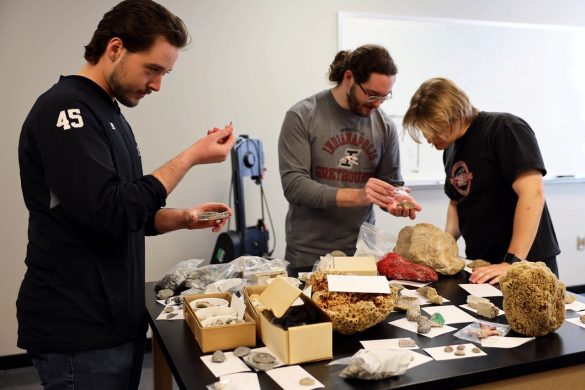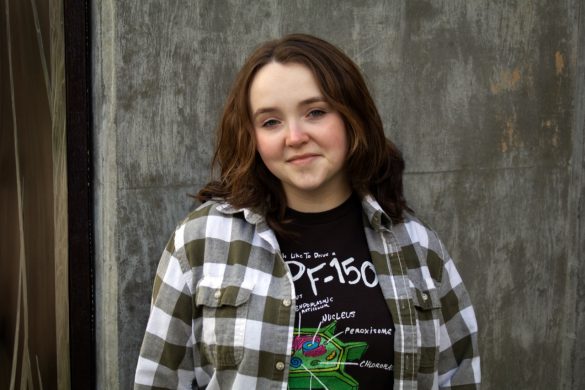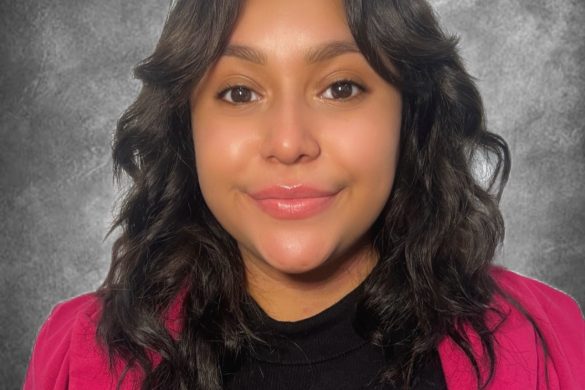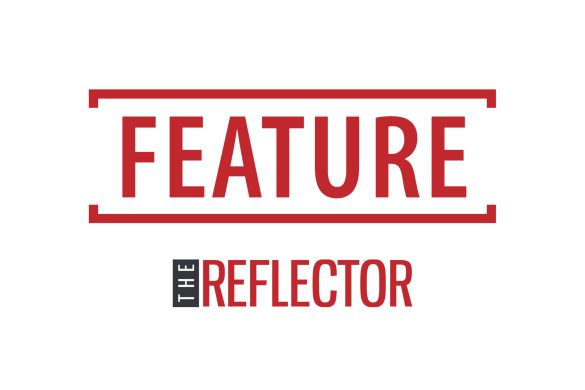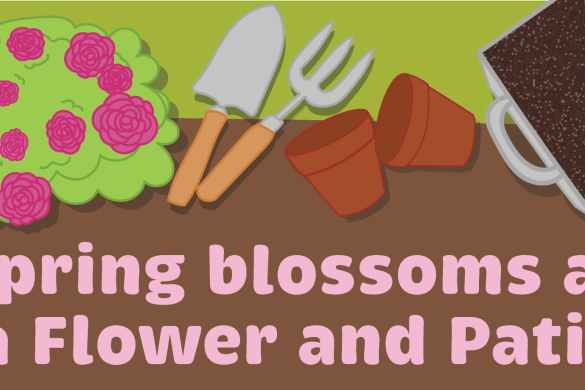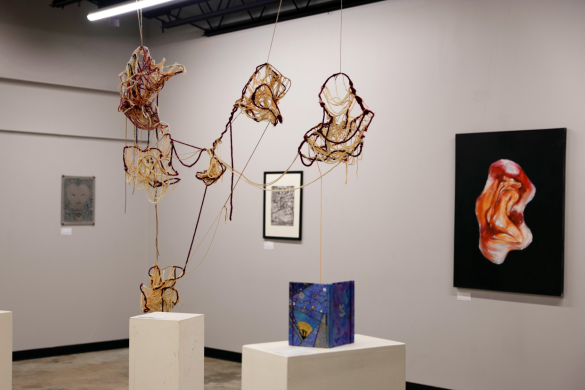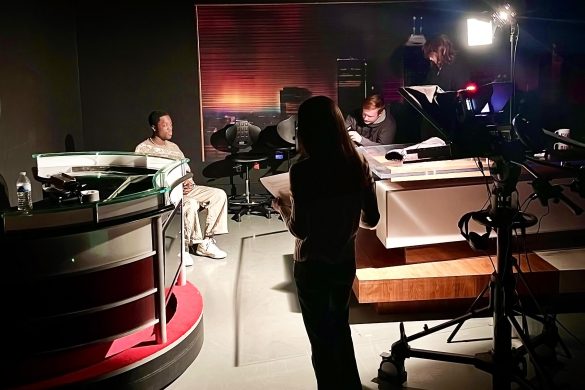Although the University of Indianapolis is Methodist-affiliated, the university is home to students from all denominations of Christianity and offers many registered student organizations and fellowship and ministry opportunities for practicing Christians.
Among these are organizations are the Chi Alpha Christian Fellowship, Campus Crusaders for Christ, Delight Ministries, the United Methodist Student Association and the Catholic Student Association. Senior nursing major Marisa Boris is the president of the CSA, and said that the organization’s goal is to be an outlet for Catholics to practice at the university.
“There is a lot of religious affiliation here, but not necessarily Catholic,” Boris said. “So that’s just our main goal: to have a Catholic presence on campus and make sure that the students that are Catholic and want to be involved are able to find that community that they’re looking for.”
Junior psychology major Abby Yochum is the liturgical coordinator for the CSA, and her role includes setting up for mass held every Sunday in McCleary Chapel, organizing readings and other activities during mass and marketing for monthly events. Yochum was raised Catholic, and said that her family was part of her growth in the faith.
“About sophomore year in high school, I really became strong in my Catholic faith, and I just really loved being Catholic,” Yochum said. “It was just really nice to have a community here [at UIndy] because back home I didn’t have a youth group. So it’s nice to have Catholic people I can hang out with a lot [on campus].”
According to Yochum, there are multiple sacraments and traditions of the Catholic Church that include baptism as a baby to begin the spiritual journey and first communion, which happens around second grade. Catholics then complete confirmation in junior high or high school, where followers affirm their following of Christ, and finally, reconciliation to confess their sins and earn forgiveness.
Boris said that she was also raised Catholic, but fell away from her faith for about six years during a difficult time in her family. Once she had her own transportation and driver’s license, however, she began following her faith again and attending church.
“At that point it was the only thing that was constant in my life…..So I said ‘Hey, I’m going to cling to that then,” Boris said. “My conversion kind of started when I was a freshman in high school, and then I got super close with my youth minister. It was super hard moving away from all of that [when coming to college.] That was my first decision honestly going to a school. Because I transferred from IUPUI [Indiana University-Purdue University], and I got built up there with their Catholic group, and then I kind of just brought it here with the resources that I learned there.”
Associate Professor of Philosophy and Religion Perry Kea said that he is a follower and scholar of Christianity and the Bible. He teaches multiple classes about the Bible and early Christianity at UIndy and identifies with the United Methodist denomination.
According to Kea, he became a biblical scholar “by accident” when he took an “Introduction to the Bible” course as an undecided freshman at the University of South Carolina to satisfy a humanities general education requirement. He said that he was very impressed with the academic approach to the Bible and that it was different from anything he had learned in church.
After completing the course, Kea took an upper-level course the following fall and decided to make biblical studies his major. He said that after completing his undergraduate degree, he did not receive a “calling” to go into ministry, saw his place in academia and went on to get a Ph.D. As a follower of the faith and professor, Kea said that it is easy for him to keep his beliefs and teachings separate in the classroom.
“I make it very plain to my students that they will never be evaluated on what they believe or choose not to believe. They are going to be evaluated on how they perform in the class,” Kea said. “…To the people that are in my classes that are of different faiths or of no faith, I say, ‘I hope that what we do in this class gives you a better appreciation for these texts and why they’ve endured. So that at the very least, when people are talking about these texts, you have some way of understanding the conversation and participate.’”
Kea said that the critical methods that he employs in his classes are often different from anything his students have learned before. This way of thinking can be threatening to students of particular traditions, according to Kea, but he encourages his students to be open to the new ideas he presents.
“My field is dominated by the historical critical approach. In the sense of developing tools that help you raise good questions so that you can try to come at these texts and find some answers,” Kea said. “I am primarily a biblical historian, so I am trying to put this document in its historical context. What was going on when the author wrote it, what kind of problems, concerns, issues might the author been trying to address. In other words, the critical method understands the text had a certain meaning in its original context and we want to try to uncover that first.”
Boris said that people often misconstrue Christianity, finding it to be too strict on rules. Boris said that the payoff and having something to live by is gratifying to her.
“It’s not as many rules as everyone thinks,” Boris said. “We have the Eucharist, which is the body and blood of Christ, and there’s nothing better than that. He literally meets you where you’re at.”
